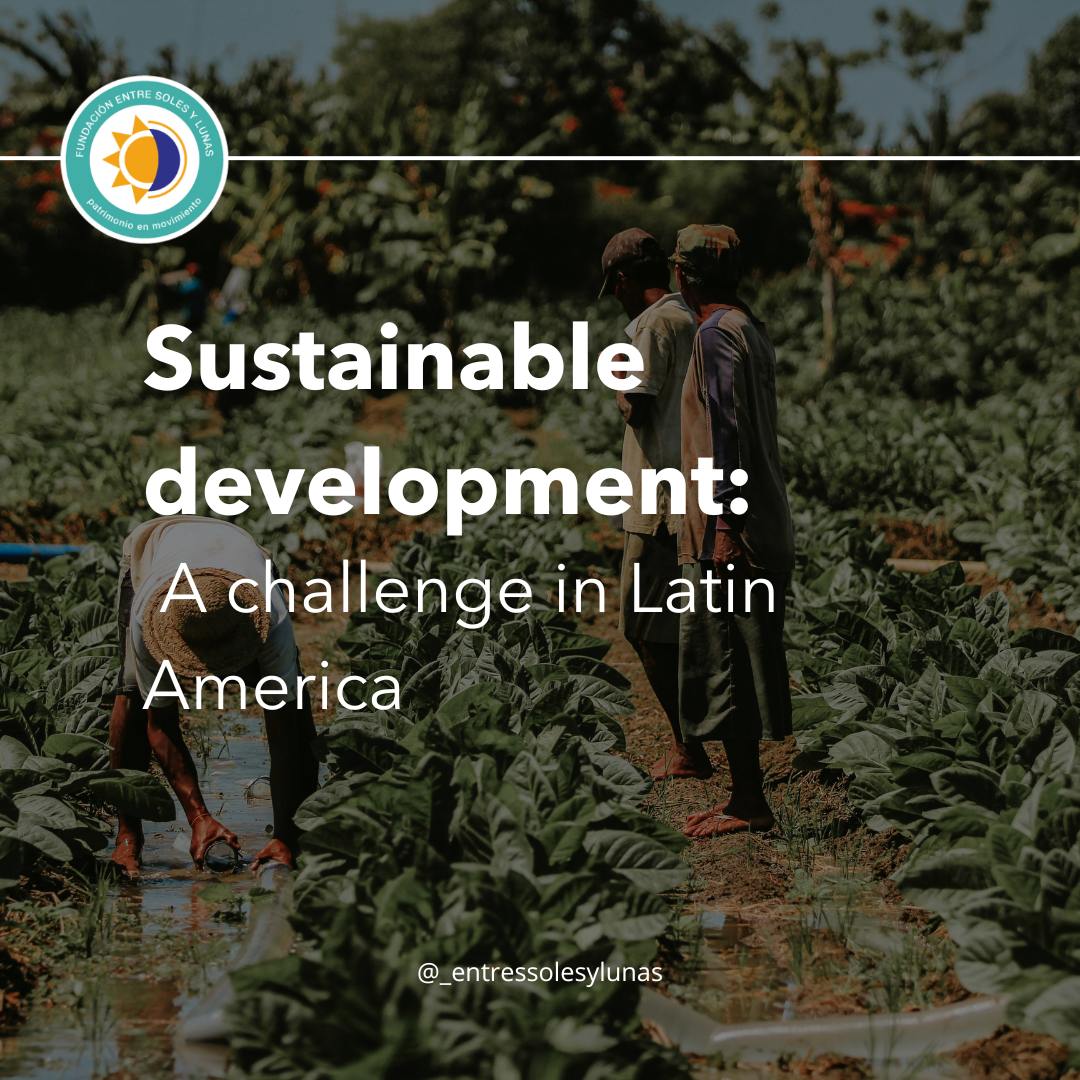By: Paz Coliguante / Translated by: Adriana Serrano
Latin America and the Caribbean face great challenges to achieve sustainable and inclusive social development. The Economic Commission for Latin America and the Caribbean (ECLAC) has identified eight key obstacles that hinder progress in the region. These problems range from persistent poverty to structural inequalities, and require political responses centered on human rights and equality. To overcome these barriers, the ECLAC proposes a comprehensive approach that considers the economic, social and environmental dimensions, following the principles of the 2030 Agenda for Sustainable Development.
1. The persistence of poverty
Despite certain progress , poverty remains a serious problem in the region. In 2024, approximately 27.3% of the population will live in poverty (approximately 172 million people,) and about 66 million will suffer from extreme poverty. This has experienced a significant decline in the last decades, worsening the economic situation of millions of people.
2. Structural inequalities and the culture of privilege
Inequality has a long precedent in the history of the region, and this continues to be a fundamental barrier to development. Even though the inequality index has improved slightly, Latin America continues to be in the first place worldwide. The differences are not only economic, but also in gender, race, and territory. The culture of privilege perpetuates these inequalities, limiting opportunities for the most vulnerable sectors of the population.
3. Gaps in education and health
Concrete data is essential: only six out of ten young people complete secondary education, and higher education remains inaccessible to low-income sectors. In the health sector, infant mortality continues to be unequal, especially among Afro-descendants and indigenous people, showing disparities in access to basic services. ECLAC points out that, in some countries , infant mortality among Afro-descendants is 1.6 times higher than that recorded in the case of non-Afro-descendants, while the mortality rate among indigenous children almost duplicates that of non-indigenous children.
4. Work insecurity and lack of decent employment
Labor market in Latin America fails to generate decent and productive employment. Child labor is a clear manifestation of the region’s inability to guarantee adequate working conditions and respect for the rights of children and adolescents. Furthermore, informality and income inequality are persistent problems, aggravated by the effects of the pandemic and technological uncertainties that are reconfiguring the labor landscape.
5. Unequal access to social protection
Even though social protection is an essential right, its coverage is unequal in Latin America. Social protection policies, although better, still do not guarantee universal coverage. Gaps are especially evident amonglow-income workers and women, who have a limited access to pensions and health systems.
6. Weak institutionality and lack of sustainable policies
From the point of view of the 2030 Agenda, institutionality is the framework in which commitments should be expressed for its fulfillment, through the implementation of long-term policies and broad social legitimacy.
Programs often lack solid institutional foundations, which impedes their effective implementation in the long term. In many countries in the region, social policies are subject to abrupt changes and lack coordination between different government actors.
7. Insufficiency in social investment
The lack of social investment is a key obstacle to achieving inclusive development. The tax burden in the region is considerably low in comparison to other parts of the world, which limits the ability of governments to finance social programs. Improving efficiency in tax collection could be an important solution to addressing this deficit.
8. Emergent obstacles
Added to the structural problems are new challenges such as violence, climate change, forced migrations, demographic transition, and technological advances. These emerging factors further aggravate the conditions of vulnerability in the region, demanding an urgent and coordinated response.
ECLAC highlights the need for Latin America and the Caribbean to adopt a renewed social development agenda that not only focuses on economic growth, but also on equity, inclusion, and social protection. Although the obstacles are many, the region has the opportunity to move towards a fairer and sustainable development, based on the principles of the 2030 Agenda for Sustainable Development. The key is to maintain the priority of social programs and strengthen international cooperation to face the global challenges that affect the region.
Sources:


Leave a Reply